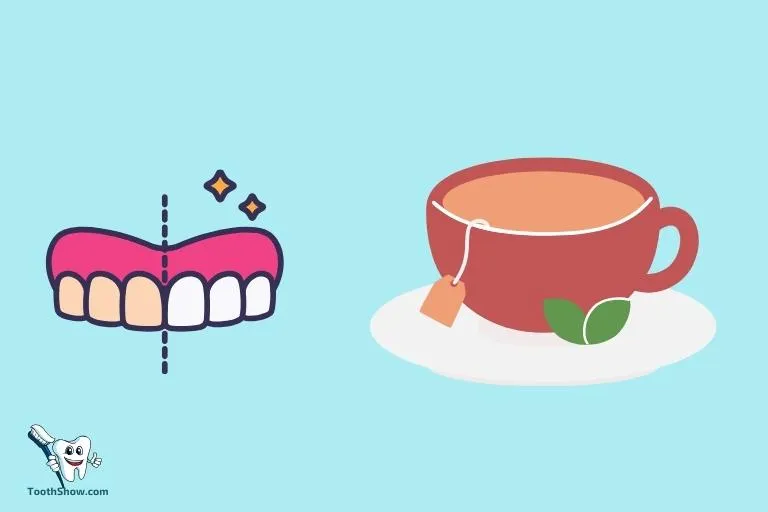The Impact of Tea on Teeth Whitening
Teeth whitening treatments are designed to give you a brighter, more confident smile. However, the foods and beverages you consume after whitening can significantly impact the results. Among these, tea presents a notable challenge. This guide explores the complex relationship between tea and teeth whitening, helping you understand how tea can affect your newly whitened teeth and what steps you can take to protect your investment. Understanding the impact of tea is crucial for anyone looking to maintain a dazzling smile after undergoing a whitening procedure. The goal is to provide a comprehensive overview of the effects of tea, from the science of staining to practical advice on enjoying tea without compromising your results.
Why Tea Stains Teeth
Tea, particularly black and green tea, contains compounds called tannins. Tannins are polyphenols that give tea its color and contribute to its distinct flavor. These tannins also have a high affinity for binding to proteins. The enamel of your teeth has a porous structure, and during teeth whitening, these pores open up to allow the whitening agent to penetrate. These open pores become highly susceptible to staining agents like tannins. When you drink tea, the tannins readily bind to the enamel, causing discoloration. This process is further accelerated if you drink tea immediately after whitening, as the enamel is most vulnerable during this period. The type of tea, the strength of the brew, and the frequency of consumption all influence the extent of staining.
The Science Behind Tea Stains
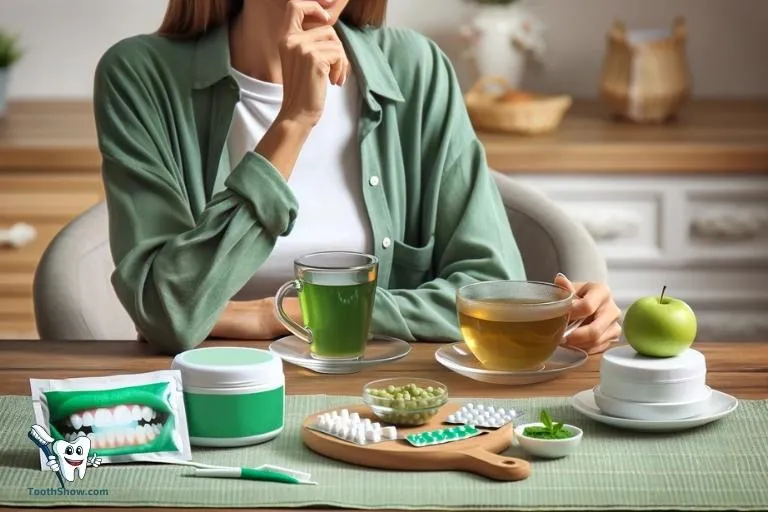
At a microscopic level, tooth enamel isn’t perfectly smooth; it has tiny pores. When you whiten your teeth, the bleaching agents penetrate these pores to remove stains and lighten the tooth’s color. However, these pores also become more receptive to staining substances. Tannins in tea are attracted to these open pores because of their chemical properties. They form a complex with proteins on the tooth surface, leading to the gradual accumulation of color and the appearance of stains. This staining process is not immediate; it’s a gradual process that can accelerate with regular tea consumption. The longer the contact time and the higher the tannin concentration, the more intense the staining will be. Therefore, understanding the science behind the staining process helps you make informed choices about your tea consumption after teeth whitening.
Types of Tea and Their Staining Potential
Not all teas are created equal when it comes to staining your teeth. The level of staining potential varies significantly depending on the type of tea and its composition. Understanding these differences can help you make smarter choices about what you drink after teeth whitening. The concentration of tannins is the primary factor determining how likely a tea is to stain your teeth. Generally, darker teas tend to have a higher tannin content, making them more prone to causing stains. However, other factors, like the tea’s processing method and the presence of additives, can also influence its staining ability. It is important to be aware of the varying staining potentials to safeguard your newly whitened teeth.
Black Tea
Black tea is known for its high tannin content and its deep, rich color. This tea is one of the most significant culprits when it comes to teeth staining. The dark pigment and abundant tannins in black tea make it highly likely to discolor your teeth. Regular consumption of black tea, especially without proper oral hygiene, can lead to noticeable stains over time. If you enjoy black tea, it is crucial to be extra cautious after teeth whitening. Consider reducing your intake, drinking it with a straw to minimize contact with your teeth, or rinsing your mouth with water immediately after consumption to mitigate the staining effects. Choosing black tea alternatives or waiting for an appropriate period before drinking after whitening can also help protect your results. (Image black-tea-staining.webp)
Green Tea
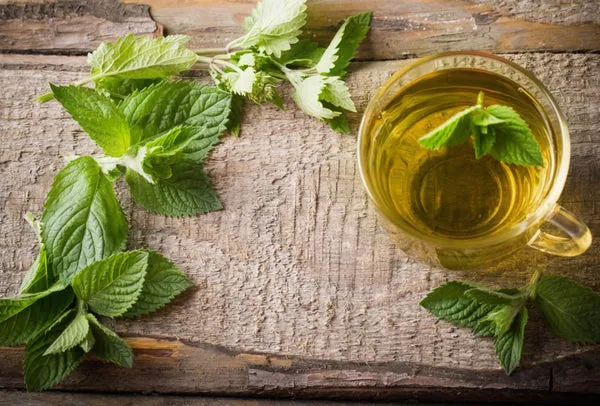
Green tea contains fewer tannins than black tea but can still contribute to teeth staining. While generally lighter in color, green tea can gradually discolor your teeth, especially with frequent consumption. The impact of green tea can vary depending on the specific type, with some varieties containing more tannins than others. Although green tea offers health benefits, it’s important to be mindful of its staining potential after teeth whitening. Rinsing your mouth with water after drinking green tea can help reduce the likelihood of stains. If you are a fan of green tea, consider drinking it in moderation or exploring options like white tea, which has a lower staining risk. (Image green-tea-staining.webp)
Herbal Tea
Herbal teas, which are not derived from the Camellia sinensis plant (true tea), vary greatly in their staining potential. Some herbal teas are less likely to stain your teeth, while others can cause discoloration. Teas made from hibiscus, for instance, can be quite acidic and may contribute to staining. On the other hand, teas like chamomile or peppermint generally have a lower risk of staining. When choosing herbal teas after teeth whitening, it is important to research the specific ingredients and their potential for staining. Look for teas that are naturally light-colored and low in acidity. Always monitor your teeth for any signs of discoloration and adjust your tea consumption accordingly. (Image herbal-tea-staining.webp)
The Relationship Between Teeth Whitening and Tea
Teeth whitening treatments are designed to remove stains and brighten your smile, but they also make your teeth more vulnerable to new stains. The process of whitening opens up the pores in your enamel, making it easier for staining substances like those in tea to penetrate and discolor your teeth. Understanding how teeth whitening affects your enamel is essential for making informed decisions about what you consume afterward. This knowledge will help you protect your investment and maintain your bright, white smile for as long as possible. The key is to balance your desire for a beautiful smile with your love of tea, implementing strategies to minimize staining without completely sacrificing your habits.
How Whitening Works
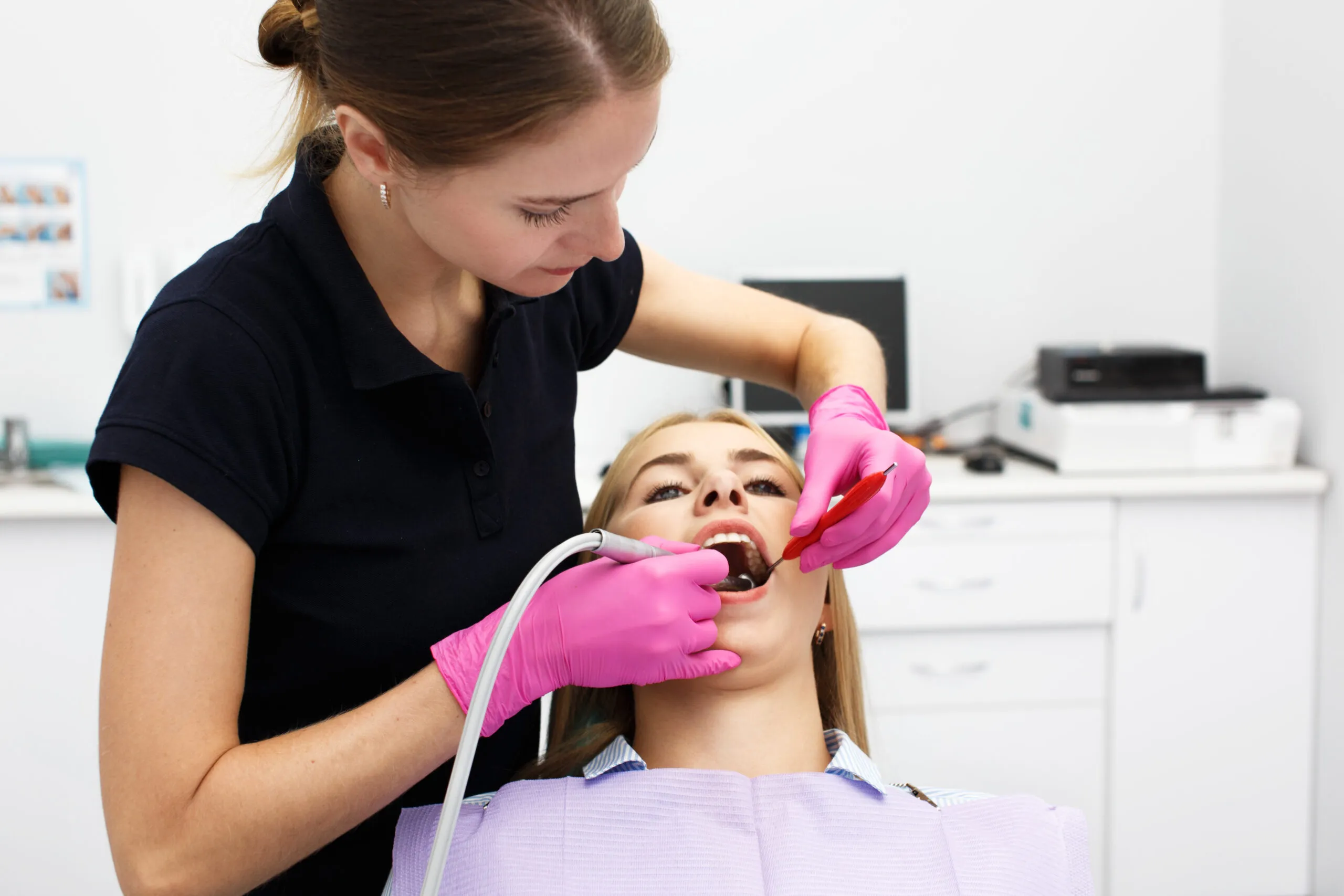
Teeth whitening treatments use bleaching agents, usually hydrogen peroxide or carbamide peroxide, to break down the stains that have accumulated in your tooth enamel. These agents penetrate the enamel and oxidize the stain molecules, effectively lightening the color of your teeth. There are various methods of teeth whitening, including professional treatments at a dentist’s office and at-home kits. Both methods work by the same principle – allowing the bleaching agent to come into contact with the discolored enamel. Professional treatments often use higher concentrations of the bleaching agent, providing faster and more dramatic results. However, both methods can leave your teeth more porous and susceptible to staining for a certain period. (Image teeth-whitening-process.webp)
The Risks of Drinking Tea Immediately After Whitening
Drinking tea immediately after teeth whitening poses the highest risk of staining. During this period, the enamel is more porous and vulnerable, allowing staining agents from tea to easily penetrate the tooth structure. The freshly whitened teeth readily absorb the tannins in tea, leading to rapid discoloration. This can negate the results of the whitening treatment, leaving you with stained teeth soon after investing in a brighter smile. It’s crucial to avoid tea and other staining beverages, such as coffee, red wine, and dark-colored juices, for at least 48 hours after whitening. This waiting period gives your enamel a chance to re-mineralize and become less susceptible to staining. Failing to do so can result in wasted money and disappointment.
Best Practices for Tea Consumption After Teeth Whitening
Protecting your newly whitened teeth and enjoying your tea are not mutually exclusive. By following some simple guidelines, you can minimize the risk of staining while still indulging in your favorite beverage. Timing, alternatives, and preventive measures are all key components of a successful post-whitening tea plan. These practices aim to balance your oral health needs with your lifestyle preferences, allowing you to maintain a beautiful, bright smile without completely eliminating tea from your routine. The tips in this section offer the best ways to enjoy tea and preserve the results of your teeth whitening treatment.
Waiting Period

The most critical step in protecting your teeth after whitening is the waiting period. Dental professionals recommend waiting at least 48 hours, but ideally a week, before consuming tea and other staining beverages. This waiting period allows the enamel to re-mineralize and become less porous, reducing the risk of staining. During this time, it’s essential to avoid all potentially staining foods and drinks. If you are unable to wait a full 48 hours, consider extending the time to 72 hours or even a week to allow the enamel to recover and minimize the likelihood of staining. This initial period is crucial for setting the stage for long-term maintenance of your white smile.
Tea Alternatives
While waiting or when you are trying to minimize stains, it’s helpful to explore tea alternatives. These alternatives can satisfy your cravings for a warm beverage without the high risk of staining. White tea is a great alternative due to its lower tannin content and lighter color. Herbal teas, such as chamomile or peppermint, are often safe choices, but always check the ingredients to ensure they don’t contain staining elements. Clear or lightly colored beverages like water, milk, and clear fruit juices are also great options. This can help you navigate this period while still having something to sip on. By embracing these alternatives, you can safeguard your teeth whitening results and enjoy a variety of beverages without compromising your bright smile.
How to Minimize Staining from Tea
If you can’t completely avoid tea, there are several strategies you can use to minimize staining. Using a straw can help limit contact between the tea and your teeth. This method helps direct the beverage past your teeth and minimizes staining. Rinsing your mouth with water immediately after drinking tea can also help remove any remaining tannins from your teeth. Brushing your teeth or using a whitening toothpaste after consuming tea can help remove any potential stains, but wait at least 30 minutes after drinking tea before brushing to avoid damaging the enamel. Regular dental checkups and professional cleanings will help keep your teeth clean and remove any superficial stains. These measures can help you enjoy tea while minimizing the risk of stains.
Oral Hygiene Tips
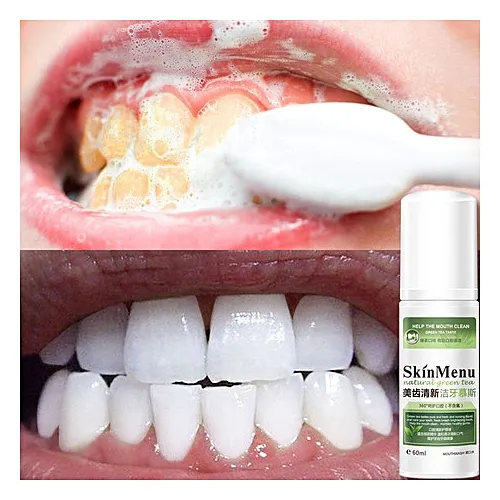
Maintaining good oral hygiene is vital for keeping your teeth white and preventing stains, especially after teeth whitening. This includes regular brushing, flossing, and professional dental cleanings. Brushing helps remove food particles and plaque, while flossing removes debris from between your teeth and under the gumline. Regular dental checkups allow your dentist to monitor your oral health and provide professional cleaning to remove stains and plaque. By implementing these simple yet effective practices, you can significantly enhance the longevity of your teeth whitening results and keep your smile bright and healthy. (Image oral-hygiene-tips.webp)
Brushing
Brushing your teeth at least twice a day with a fluoride toothpaste is crucial for maintaining oral health and preventing stains. Brushing removes plaque and food particles that can contribute to discoloration. Use a soft-bristled toothbrush and brush gently to avoid damaging your enamel. After drinking tea, it’s best to wait at least 30 minutes before brushing. This allows your saliva to remineralize your enamel, making it less vulnerable to abrasion. Consider using a whitening toothpaste, as it can help remove surface stains and maintain the brightness of your teeth. Choosing the right brushing technique and being consistent with your routine is key to keeping your teeth white and healthy.
Flossing
Flossing daily is just as important as brushing for maintaining a bright smile. Flossing removes food particles and plaque from between your teeth and under the gumline, areas that your toothbrush cannot reach. This helps prevent the buildup of plaque and the formation of stains. Consistent flossing also promotes gum health, preventing gum disease and contributing to overall oral hygiene. Make flossing a regular part of your routine to maintain a clean and healthy mouth. Consider using floss picks if you find traditional flossing difficult. By adding flossing to your daily routine, you take another step towards preserving the results of your teeth whitening treatment.
Regular Dental Checkups
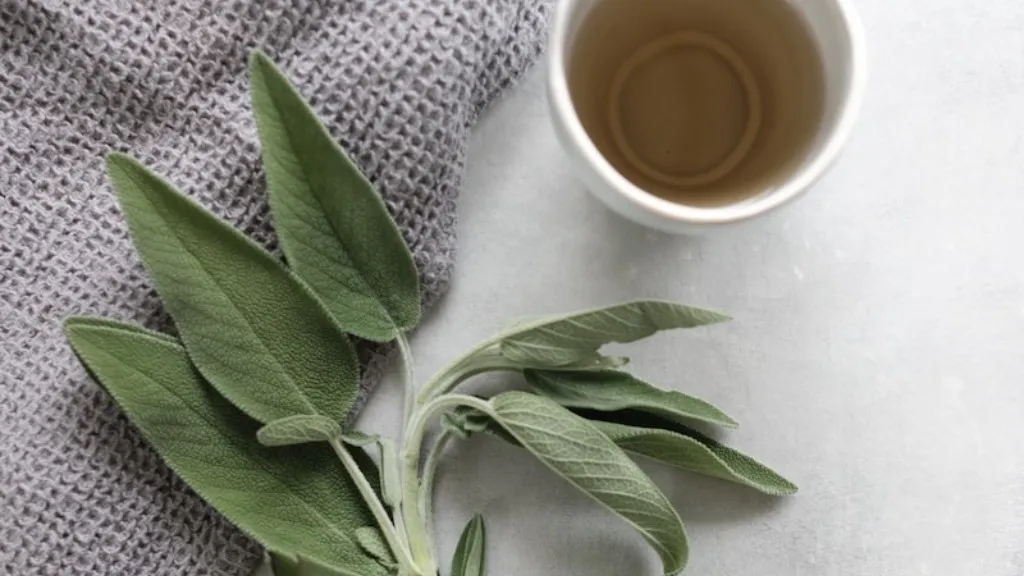
Regular dental checkups and professional cleanings are essential for long-term oral health and maintaining a white smile. During a checkup, your dentist can assess your teeth and gums, identifying any potential issues early on. Professional cleanings remove plaque and tartar, which brushing and flossing alone cannot remove. This also helps remove surface stains that can dull your smile. Your dentist may also recommend professional teeth whitening treatments to keep your teeth bright. Following your dentist’s advice and attending checkups every six months is the best way to ensure your teeth remain healthy and your smile remains radiant. By making regular visits to the dentist, you ensure that any potential problems are addressed and your teeth stay at their best.
Frequently Asked Questions (FAQ)
Here are some frequently asked questions about drinking tea after teeth whitening, providing concise answers to common concerns.
- Can I drink tea immediately after teeth whitening?
- What kind of tea is least likely to stain my teeth?
- How long should I wait before drinking tea after teeth whitening?
- Can I use a straw to drink tea?
- Does adding milk to tea help prevent staining?
- What should I do if my teeth get stained after drinking tea?
